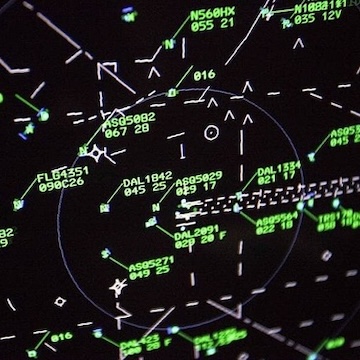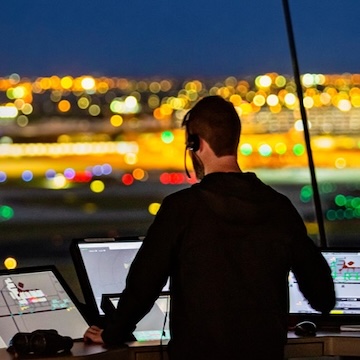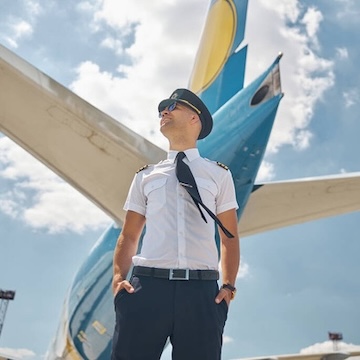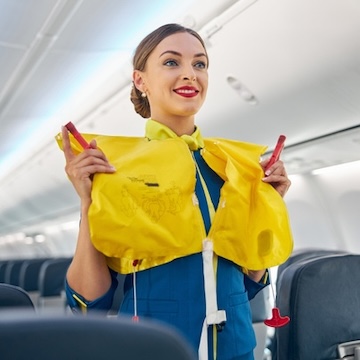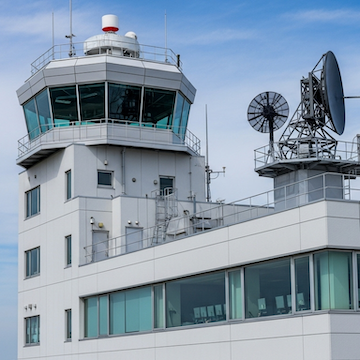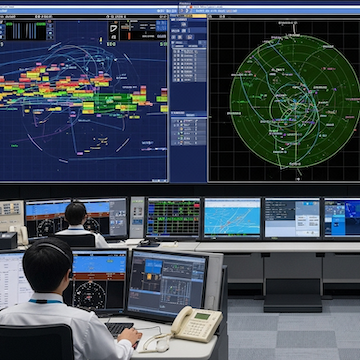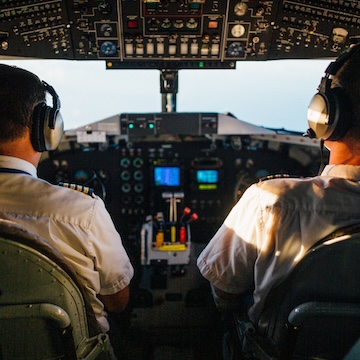
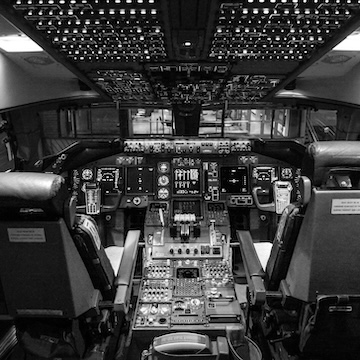
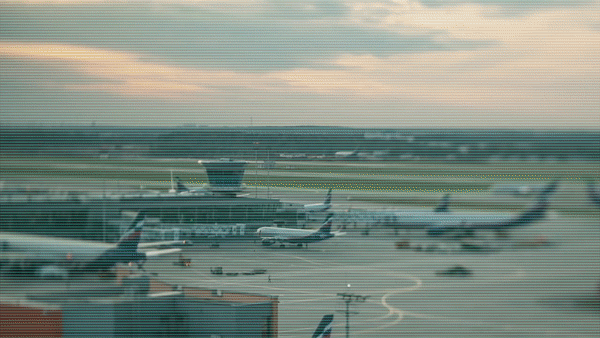
This research group aims to further improve the safety of large-scale complex systems, including those in the aviation field, and works closely with airlines and other organizations to conduct academic research on "resilience," which is the key to realizing Safety-II. We conduct practical research that goes beyond knowledge. Below are some of the research actually being conducted in this group.
Takahashi Lab has been conducting research on aviation-related human factors for over 10 years. In our early research, we worked with current ANA pilots on aircraft cockpit interfaces. After that, We shifted the focus of my research to the field of air traffic control, and are conducting research in collaboration with active air traffic controllers. Although those of us who conduct research are required to have a high level of knowledge regarding air traffic control, the content of our research is not merely academic research, such as proposing a system that is highly evaluated as being usable for on-site education. We conduct practical research that goes beyond human factors in air traffic control. These issues are very important to protect air safety, but there is a shortage of human resources.
Would you also like to study air traffic control at Takahashi Lab?




